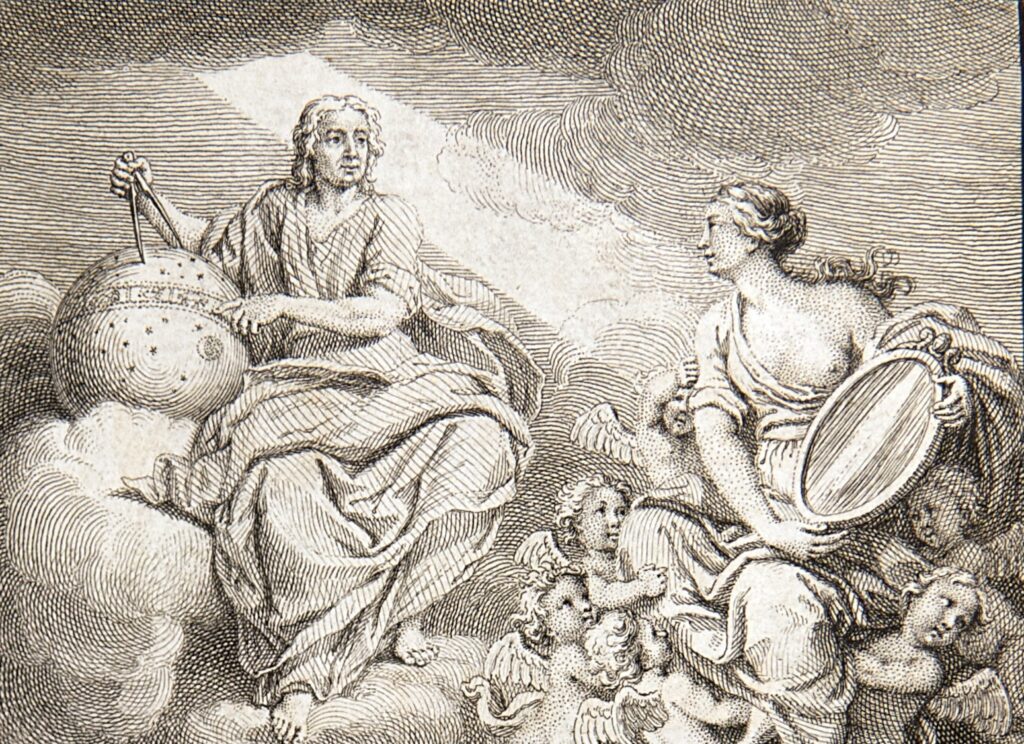Anicius Manlius Severinus Boethius? Johann Wolfgang von Goethe? Ernest Hemingway? Banksy? Laurie Anderson? Amelia B. Edwards? James Grant? Sylvester Stallone? Anonymous?

Question for Quote Investigator: A family of expressions describes two stages of mortality. One stage corresponds to traditional biological death. The other stage corresponds to cultural disappearance which occurs when a figure is forgotten or socially inactive. Here are three examples:
(1) You die twice: first, when life leaves your body, second, when you are forgotten.
(2) You die twice: first, when you take your last breath, second, when your name is spoken for the last time.
(3) You die twice—once when you retire from public life and once when death takes you.
German writer Johann Wolfgang von Goethe, U.S. author Ernest Hemingway, U.K. graffiti artist Banksy, U.S. musician Laurie Anderson, and others have received credit for instances of this saying. However, I am skeptical because it is difficult to find sold citations. Would you please explore this topic?
Reply from Quote Investigator: This complicated subject is challenging to research because of the wide variety of expressions which mention dying twice. The first strong thematic match found by QI was written in Latin by the Roman philosopher Anicius Manlius Severinus Boethius in AD 523 within the work “De consolatione philosophiae” (“On the Consolation of Philosophy”). Boethius mentioned prominent Roman figures such as Brutus and Cato whose renown was declining. Boethius suggested that the recognition of well-known figures faded over time, and obscurity portended a second death. The text below presents an English translation1 followed by the original Latin verse. Boldface added to excerpts by QI:2
Ye lie then all unknown, and fame can give no knowledge of you. But if you think that life can be prolonged by the breath of mortal fame, yet when the slow time robs you of this too, then there awaits you but a second death.
Quodsi putatis longius vitam trahi
Mortalis aura nominis,
Cum sera vobis rapiet hoc etiam dies,
Jam vos secunda mors manet.
In 1823 “The London Magazine” printed an instance in this family of sayings which was applied to actors:3
Actors have a double mortality and die twice!—First their mental faculties droop and become impaired, and they die from the stage, which is their public life; and then after a few years of inglorious silence and sloth, they catch the common trick of age, and die into dust!
In 1863 English writer Amelia B. Edwards published the novel “Barbara’s History” which contained a match using the word “forgotten” within the following dialogue:4
“He may be dead, my dear aunt,” said I, affecting a profound indifference; “but I do not really see how he could possibly be so twice over.”
“We all die twice,” replied she. “The first time is when we simply cease to be; the second, when we are forgotten.”
“Dear aunt,” I exclaimed, “that is very well said!”
Below is an overview showing selected examples together with dates and attributions:
Continue reading “Quote Origin: We Die Twice: First, When We Cease To Be; Second, When We Are Forgotten”







